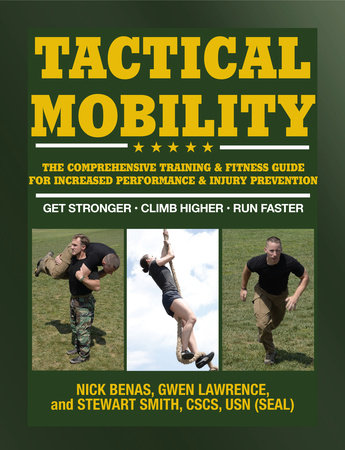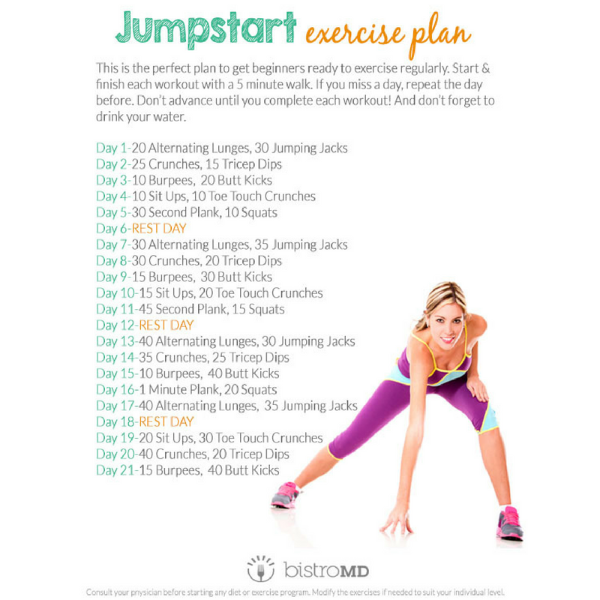
Although the specific training area will determine how much a personal coach makes, there are some factors that could influence his or her compensation. We'll be discussing the average hourly wage and annual salary of a Chicago personal trainer. You'll also learn what to expect in a career in fitness and how to prepare for the interview. You might be surprised at the differences between what you earn and what the average salary in your area is.
An hourly average rate for a Chicago personal coach
The hourly average rate for a Chicago personal trainer is $24. This number is indicative but may not reflect the actual rates you are paying in your particular area. Pay rates for personal trainers vary depending upon the employer, experience, as well as where they are located. This salary is based upon information gathered from personal trainers within the city. For additional information, check out our salary guide for Chicago trainers. We also provide salary data for all major cities.

In determining the hourly rate for a Chicago personal trainer, it is important that you consider how long it takes. Non-client time for a personal trainer includes travel time and marketing. Communication is also included. Your hourly rate will not cover this time. You may struggle to find time for your first few hours. You'll soon be able earn between $30 to $50 an hour once you gain more experience.
Pay for a personal coach is affected by several factors
How much do personal trainers make? While some personal trainers make between $17-25 an hour and $9-10 an an hour, others can earn as little as $9-10. Pay for personal trainers in Chicago is affected by many factors. A new business may not be able to generate steady clientele and a positive cash flow. It is important to start small and focus on what you can accomplish. Your training capacity may be limited to 20 hours per week. After a year you can look back at the revenue generated.
There is a high demand for personal trainers in major metropolitan areas like New York, LA, Chicago, and LA. Personal trainers do not have fixed salaries. It can vary greatly from area to area. Personal trainers may work as independent contractors. There are options to receive compensation whether you work part-time or full time.
Average annual salary for a personal trainer in Chicago
A personal trainer in Chicago can earn an average salary of $47K and more than $91K annually. The job description of a personal trainer often includes developing exercise programs and advising clients on diet and nutrition. The job involves educating clients on the importance and benefits of exercising. In Chicago, salaries can range from $46,000 to $104,000. However, salaries may vary depending on the location.

A Chicago personal trainer's salary can vary depending on the company where he/she works. Private trainers might earn $15 an hour or $50 an hour, depending on what industry they work in. A trainer who works 40 hours per week would make $30-$50/hour. In some cases, trainers may charge clients $300 a month for unlimited training sessions. These packages tend to be more affordable than traditional gym memberships.
FAQ
Is exercise good for me?
Yes. Regular exercise will help to reduce weight by burning more calories. Exercising can increase your metabolism so that you can burn calories even when you're not working out.
Why is it so important to get enough sleep?
For a healthy lifestyle, sleep is vital. Sleep allows your body to repair itself and recover from daily stresses. Get enough sleep every night to be able to function well throughout the day.
What is the significance of healthy nutrition?
Nutrition is important for our health and well-being. Healthy diets include whole grains, fruits and vegetables as well as lean protein and dairy. Being active and eating healthy foods can help us be more fit, which results in better overall health.
Is it possible to gain weight by exercising?
Not at all. Exercise can actually help you maintain your weight. When you work out regularly, you'll build muscles and increase your metabolism, helping you burn more calories throughout the day. This will mean that your body won't store as many calories.
How does caffeine impact my sleep?
Caffeine affects how long it takes you to fall asleep and how soundly you sleep. Caffeine causes drowsiness, which makes falling asleep easier. The downside is that caffeine keeps you awake longer making it harder for you to fall asleep again. Drinking coffee or energy drinks before bedtime is a bad idea.
What Are Cardio Exercises?
Cardiovascular exercises require your heart and lungs work harder than usual. You can do this by running, swimming, biking, rowing and bicycling. These activities are great for burning fat and increasing metabolism. They can also help you stay fit by strengthening your heart and lungs.
What happens to me if I don’t sleep enough?
Insufficient sleep can cause your brain to not receive the signals necessary for hormone regulation and other chemicals involved in controlling appetite and metabolism. In turn, this can cause you to eat more and gain weight. Lack of sleep also increases stress levels, which can lead to overeating.
Statistics
- Globally, 81% of adolescents aged 11-17 years were insufficiently physically active in 2016. (who.int)
- In high-income countries, 26% of men and 35% of women were insufficiently physically active, as compared to 12% of men and 24% of women in low-income countries. (who.int)
- One study showed that adults who watch more than 4 hours of television daily had an 80% higher risk of death from cardiovascular disease. (heart.org)
- In 2018, the World Health Assembly agreed on a global target to reduce physical inactivity by 15% by 2030 and align with the Sustainable Development Goals. (who.int)
External Links
How To
How to burn belly fat faster
When we are trying to lose weight, belly fat is often seen as a problem. If you look at it, belly fat is actually a positive thing. Your organs are protected by the fat around your stomach. So let's see how to burn belly fat fast.
The main factors that lead to body fat storage are stress and lack exercise. Because stress stimulates the release of cortisol hormone, it makes us hungry all the time. Cortisol can increase insulin levels in the blood. The insulin stores the excess calories as fat. Lack of sleep causes the release of adrenaline into our system, leading to increased appetite. Exercise helps to break down these extra calories.
There are many ways you can reduce belly fat. All of these methods can be used, depending on your budget. These are some great tips to help you lose belly fat fast.
-
Try to eat less food. Eat smaller meals throughout the day rather than eating three big ones. You'll eat fewer calories this way.
-
Get plenty of water. Water flushes out toxins, and keeps your body hydrated. Water before each meal can help you feel fuller longer and reduce your appetite so that you don't overeat.
-
Avoid unhealthy snacks. If you're looking for quick fixes, snack foods like chips, cookies, candies, etc. These tempting snacks might look appealing. These sugary treats have lots of empty calories so avoid them. Instead, opt for healthy alternatives such as fruits, vegetables and whole grains.
-
Three times per week, strength training is recommended. Strength training increases muscle mass, which can help you burn more calories while still resting. Strength training strengthens bones, muscles and ligaments. It can also improve the heart, lungs, joints, and other body systems.
-
Walking or stretching is a good habit to do regularly. Stretching helps to improve flexibility and mobility, which reduces back pain. Walking for 30 minutes is a great way to burn calories.
-
Reduce alcohol intake. Your diet is empty of calories, and alcohol has no nutritional content.
-
You can lose weight slowly. Finding out your current weight is the first step in losing weight. Then calculate your ideal weight by adding 5% to 10% of your total body weight. Once you have calculated your target weight, start reducing calorie consumption by 500-1000 calories daily until you reach your goal.
-
Avoid processed food. These foods contain high levels of sugar, salt, and preservatives. Processed foods are often very convenient but don't provide enough nutrients to keep you healthy.
-
Don't skip breakfast! Eating breakfast improves concentration, memory, and energy level. Protein (like eggs), fiber and complex carbohydrates (like oatmeal) should be included in breakfast.
-
Have regular bowel movements. Constipation or irregularity can lead to gas and bloating. Increase your fiber intake and drink lots of water.